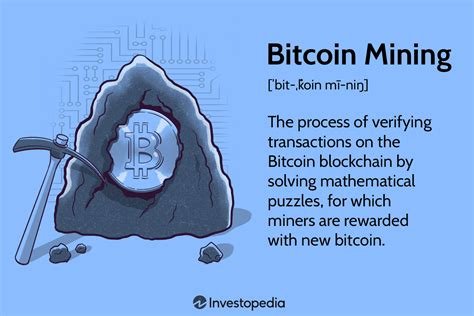Understanding Bitcoin Over-the-Counter (OTC) Exchanges
Bitcoin OTC (Over-the-Counter) exchanges allow individuals to trade Bitcoin with other users without having to use a centralized exchange like Coinbase. In recent years, this method has grown in popularity, especially among enthusiasts and traders who prefer anonymity and direct market access.
How to Get Started with Bitcoin OTC: A Step-by-Step Guide
- Choose a Trading Platform: There are several Bitcoin OTC platforms available, such as Binance, Kraken, and Bitmex. Each platform has its own fees, commissions, and features.
- Create an Account: Create an account on your chosen platform by providing basic information such as your name, email address, and password.
- Deposit Bitcoin
: Fund your account with Bitcoin using various methods, such as bank transfer, wire transfer, or online payment services like PayPal.
- Find a trading partner: Search for other users who want to trade Bitcoin and find someone who wants to buy from you.
- Negotiate prices: Use the platform’s messaging system to negotiate prices with your trading partner.
What does the ranking/rating system mean?
The ranking/rating system on Bitcoin OTC exchanges is a way to assess the trustworthiness, security, and trustworthiness of users who trade on these platforms. Some of the most popular rating systems include:
- Trustpilot: A website that allows users to rate and review companies, including trading platforms.
- Google Reviews: A platform where users can post reviews of specific companies or services.
- Benchmarks: A system that assigns ratings based on user reviews, security measures, and other factors.
How are exchanges conducted/reported?
OTC Bitcoin exchanges operate in a similar way to centralized exchanges. Here is an overview of the process:
- Trade Proposal: The user submits a trade proposal along with a proposed price.
- Matching: The platform matches the trader with potential buyers based on their trading history and preferences.
- Trade Execution: Once the match is made, both parties agree to the terms of the transaction (price, amount, and other details).
- Payment Processing: The user pays for Bitcoins using a payment method accepted by the platform.
Why can’t I see any user reviews using Bitcoin OTC?
There are a few reasons why you might not see any user reviews using Bitcoin OTC exchanges:
- Private Trading Accounts: Some trading platforms offer private accounts that do not display external ratings.
- Low Volume Trading: If the platform is operating at low volume, there may be fewer users to rate and leave reviews.
- Limited Review Mechanism: Exchanges may have a limited review mechanism, which can make it difficult for users to leave reviews.
Common Issues Using Bitcoin OTC
Some common issues that users encounter when using Bitcoin OTC exchanges include:
- Lack of Transparency

: Some trading platforms may not disclose their fees, commissions, and other details.
- Security Risks: Exchanges may be vulnerable to hacking and other security threats, especially if users are trading with unknown entities.
- Difficulty Getting Support: Users may have difficulty getting help from the platform’s customer support team, which can lead to frustration and dissatisfaction.
Conclusion
Bitcoin OTC exchanges offer individuals the ability to trade Bitcoin directly without having to use centralized platforms. However, it is important to be aware of the potential risks and limitations associated with these markets. By understanding how to use Bitcoin OTC exchanges and what the ranking/rating system means, you can make informed decisions when trading on these platforms.